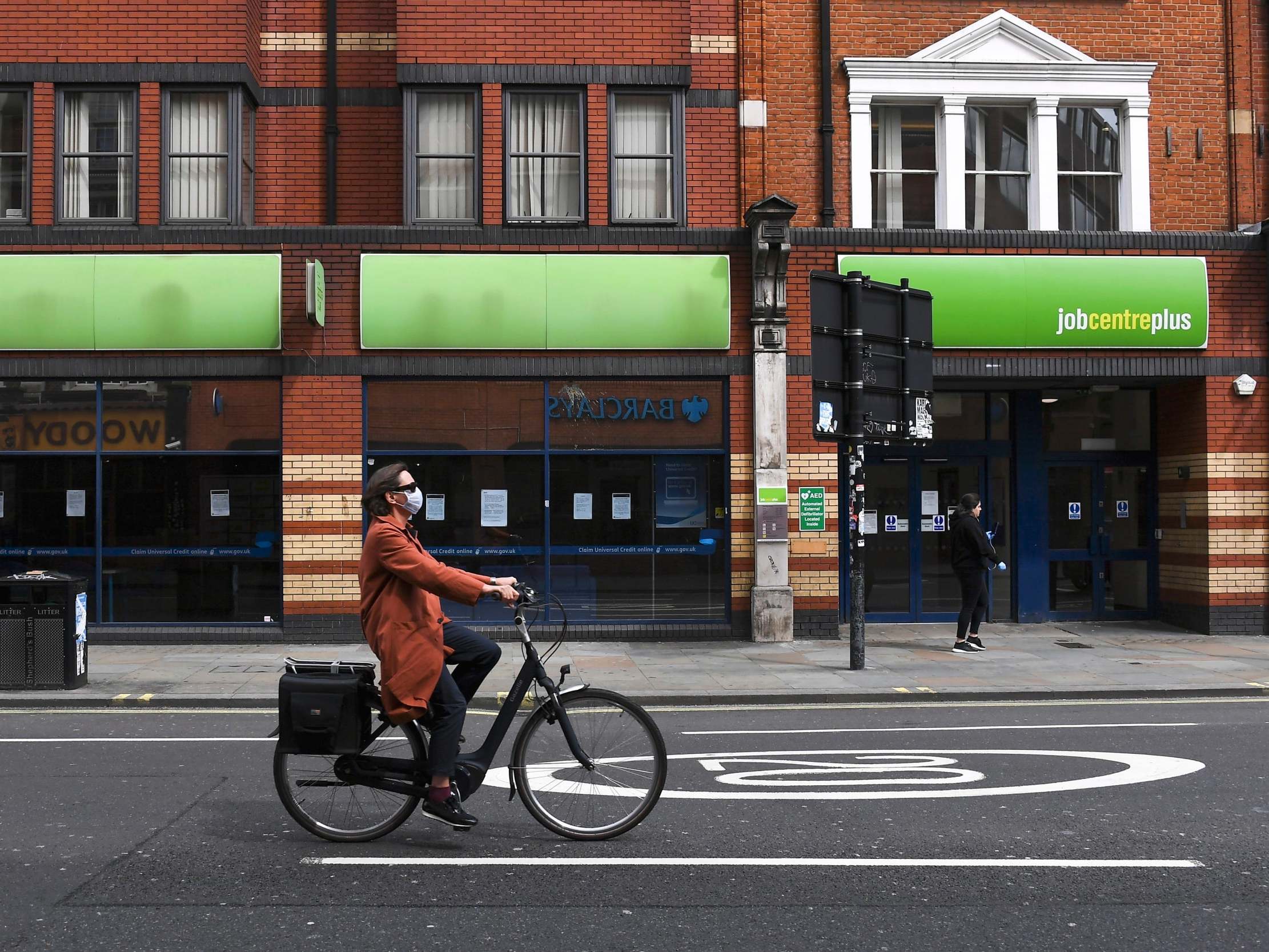We need an inclusive recovery from coronavirus. Short conversations with a work coach won’t cut it
It was a massive misjudgement to give work coaches renewed authority to sanction claimants at the beginning of July and see benefits cut if claimants are not deemed to be meeting their commitments, writes Labour MP Seema Malhotra


With eight jobless people chasing every vacancy we need the government to pursue an inclusive recovery. That demands a Department for Work and Pensions (DWP) culture that is supportive, not punitive.
At the moment it doesn’t look as though that is what we are going to get. It was a massive misjudgement to give work coaches renewed authority to sanction claimants at the beginning of July and see benefits cut if claimants are not deemed to be meeting their commitments. It makes no sense when in certain parts of the country, 20 people are competing for each job.
We didn’t have enough work coaches before Covid-19 and new analysis by the Labour Party shows caseloads for a single work coach could almost double from 130 per work coach to an average of 228 later this year.
Either review meetings won’t happen with the same frequency or they will be shorter and less productive. Government ministers have already admitted that the length of time that unemployed people spend with “work coaches” when they first apply for universal credit (UC) has almost halved. The “claimant commitment” interview has been reduced dramatically from a 50-minute, face to face session, to a 30-minute phone call, suggesting work coaches won’t have the time to get to really understand people’s needs. Mistakes could be increasingly made with longer-term consequences for the job seeker. Disability Rights UK is concerned that disabled people claiming Universal Credit could be sanctioned for not being able to find work.
But relationship building with advisers was critical to the success of the Future Jobs Fund when looking at the sustained employment and return on investment it demonstrated, which the DWP estimated to be £7,750 net benefit to society per participant. As one former work coach told me this week, “You need time to build rapport and relationships. It’s a new world for people and there’s an element of fear.”
The work search-related requirements claimants must meet to receive their benefits were re-introduced on 1 July 2020 after a three-month suspension due to Covid-19. The work coach explained that this conditionality will be a shock. And when combined with enforcement (sanctions applied as a result of conditions not being met) to manage large caseloads, then quality goes down.
All the evidence points to a DWP that will be unable to cope. It risks a delay in support to the new mass cohort of Covid-unemployed. Research shows early intervention is good for people’s wellbeing and gets them back to work quicker. Effective work coaching guides people to online courses, masterclasses and seminars, as well as provides training for general and sector specific green skill – which is really important, because a loss of skills or of confidence or hope can have long lasting consequences.
As we ease out of Covid-19, it has become increasingly evident that too little was done and done too late. We need a clear, cross-governmental plan as to how we can come together around the unemployed as a community and support people to get back to work with a network of mentors – learning from the Goodsam response and supporting the DWP system through community volunteers, just as we supported the NHS. Our experience in Hounslow suggests this would be welcomed and make a huge difference. There we were seeking to join up across employers, the local authority led recovery board, local colleges and local job centre so that there can be better coordinated planning and more targeted responses in local service provision.
Advance notification of potential redundancies is currently required from employers, but they must use this early warning system for more than 10 job losses, rather than more than the current 20. Employers must also work with early advice systems, allowing people who may lose their jobs access to support and advice early, even before they leave the company, through local partnerships with the job centre and local programmes.
Local areas could consider a youth jobs task force led by local young people, working with JobCentre Plus, colleges and businesses to build leadership skills and to help reach out to those who may not be asking for help. This year’s Youth Voice Census data from Youth Employment UK says that only 16 per cent of the young people who had spent time not in employment, education or training (Neet) had claimed benefits. Only 33 per cent of those who had spent time Neet had engaged with any Jobcentre support.
We need to plan now for an inclusive recovery. The digital divide that has become apparent with young people who have been unable to connect to their online school classroom extends much more deeply. Local unemployed people with no access to the internet should be loaned laptops for their job search.
The schemes outlined so far by the DWP make it clear it is simply not equipped to cope with the employment challenge that lies ahead.
An inclusive approach to getting people back to work demands a fundamental rethink about the structure of employment support. This is a time to enable people to find their way to their next job with confidence and pride, not to punish them.
Seema Malhotra is Labour MP for Feltham and Heston and is shadow minister for employment.
Join our commenting forum
Join thought-provoking conversations, follow other Independent readers and see their replies
Comments